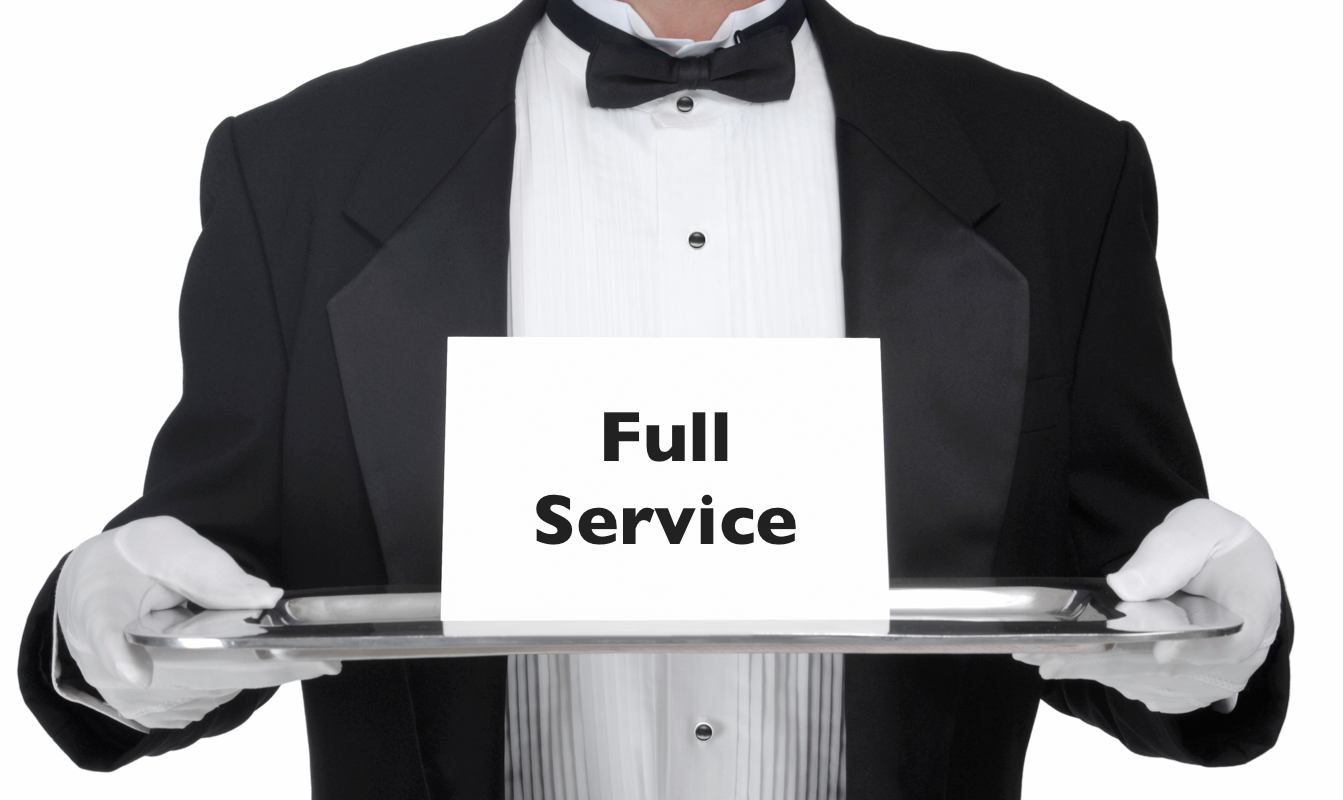When locating office space have you noticed several properties have different items included in the monthly rent? This is due to the different types of lease structures. Typically, there are three different industry wide: Full Service, Modified Gross and Triple Net. A Full Service lease is used most common among the buildings in the higher end of the market such as class A and multi-story buildings. Typically office space in the business and downtown area districts like Westshore, Downtown Tampa and South Tampa offer a full service lease. However, these leases are also used in the different sub-markets throughout Tampa.
The term “full service” often refers to the inclusion of the building‘s operating expenses in your monthly payment to the Landlord such as:
- Renting of the office space
- Electric
- Maintenance and replacing of Air Conditioning, lights, landscaping and other common areas
- Insurance
- Water
- Real Estate Taxes
- Janitorial (cleaning) services; which are usually 3-5 times a week
The definition of “full service” is not black and white. It’s important the operating expenses the Landlord is covering is clearly defined in the lease. For example, I have seen an office building referred to as “full service” but it included janitorial service in the rent but not electric. An example of a full service building could be Mr. Tenant’s light bulb in his ceiling tile when out, all Mr. Tenant has to do is call the Landlord’s property manager to fix the issue.
A key factor in a full service lease is understanding a Tenant will be monetarily responsible for operating increase of the building that was higher than the projected budget factored into your monthly rent. The amount you owe the Landlord is dependent on the base year of the lease and size of your office space.
What is the base year? The base year usually reflects the first calendar year of the lease. The base year is used to determine your base for operating expenses. For example, your base year is 2017 and the actual operating expenses were $8 SF. At the end of every day, the Landlord reconciles their operating expenses of projective versus actual. Generally, Landlords do their best to accurately budget each year, however, Landlords do not have control over real estate taxes, insurance and unexpected maintenance or updates for the building which could lead to overage. In 2018, if the actual operating expenses is $10 SF, then the Landlord will invoice you separately for the $2 SF overage based on your square foot leased.
It’s important to request the information below:
- Operating expense reconciliation for the past two years
- Has the Landlord invested into improvements that year or (does he) plan to in the near future?
These two questions will aid in deciding which base year to request during negotiation.
When reviewing operating expense pass thru, it is important to know if the Landlord has a history of being over budget and to what extent, so you will not be surprised when you receive a bill at the end of the year.

